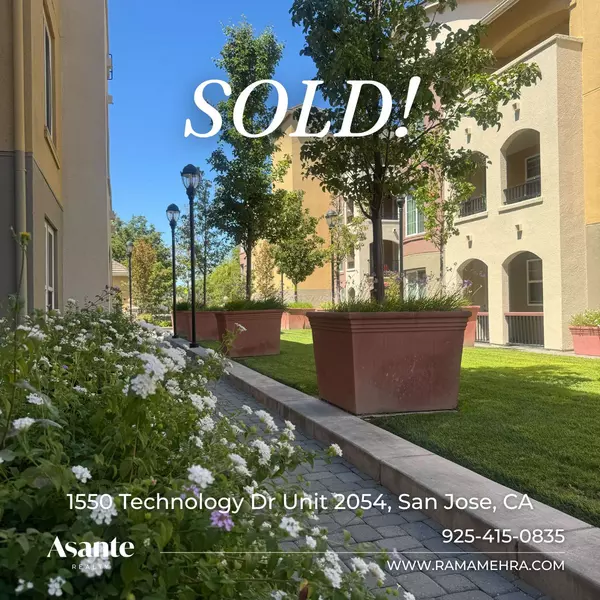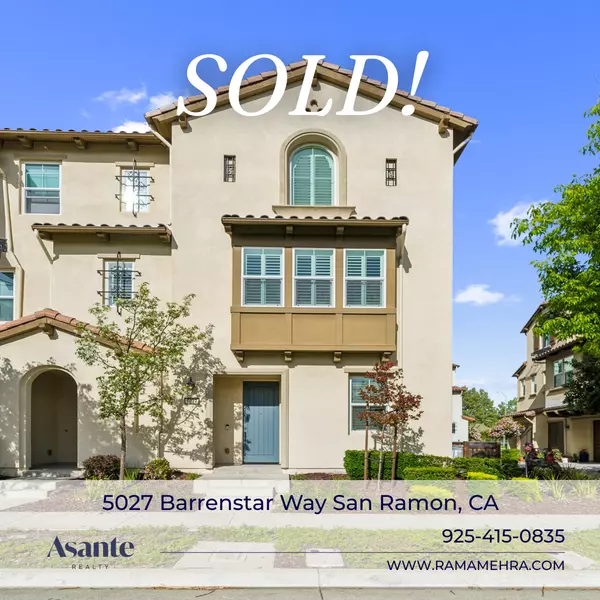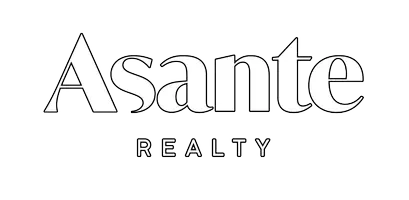What Every Bay Area Condo Owner & Buyer Needs to Know in 2025

SB 326: What Every Bay Area Condo Owner & Buyer Needs to Know in 2025
How California’s new condo inspection law impacts sales, lending, and property values.
If you own a condo in California, or are thinking about buying one, Senate Bill 326 (SB 326) is something you can’t afford to ignore. This law requires regular inspections of certain building elements in condominium complexes, and it’s already changing the way condos are bought, sold, and financed in the Bay Area.
As San Ramon’s #1 mid-sized real estate team and trusted condo experts, we’ve put together a straight-talking, easy to understand guide so you can navigate SB 326 without losing time, money, or deals.
What is SB 326?
SB 326 is a California law that mandates regular inspections of Exterior Elevated Elements (EEEs) such as balconies, decks, walkways, catwalks, and stairways to ensure they are safe and structurally sound.
Who Needs to Comply?
-
All condo complexes with 3+ units must comply.
-
SB 326 does not apply to PUDs (Planned Unit Developments) so the first step is confirming whether the property is a condo or a PUD.
Key Deadlines & Frequency
-
First inspection deadline: January 1, 2025
-
Inspection frequency: Every 9 years
What’s the Difference Between SB 326 and SB 721?
-
SB 326: Condos with 3+ units
-
SB 721: Multifamily rental buildings and apartments (deadline extended to Dec 31, 2025)
What’s Included in the Inspection?
SB 326 inspections cover all EEEs over 6 feet above the ground, not just balconies. That includes:
-
Decks
-
Walkways
-
Stairwells
-
Joists & beams
-
Waterproofing systems
Why This Matters for Buyers & Sellers
If you’re selling:
-
A pending or incomplete inspection could delay or kill a deal if financing is involved.
-
Critical repairs must be completed before many lenders will approve a loan.
If you’re buying:
-
Lenders will want to see the inspection report.
-
If repairs are needed, the entire complex, not just your unit could, affect approval.
If paying cash:
-
You’re not bound by lending rules, but you should still check the HOA’s insurance coverage and possible future assessments.
How SB 326 Impacts Lending
Lenders are reviewing condo inspection reports to determine whether:
-
Repairs are critical and impact safety or structural integrity.
-
The HOA is financially prepared to address issues.
-
The project remains eligible for Fannie Mae/Freddie Mac financing.
If a condo complex is on Fannie Mae’s Do Not Lend list, repairs and documentation are needed to get reinstated.
What If the HOA Doesn’t Cooperate?
By law, HOAs must:
-
Provide inspection reports to owners, lenders, and local code enforcement within 15 days.
-
Disclose repair needs and timelines.
If they refuse to answer, lenders may require additional documents like meeting minutes, reserve studies, and financials.
Need Help Navigating SB 326?
We’ve already helped Bay Area condo sellers close successfully under the new law and guided buyers through tricky HOA situations. Whether you’re in San Ramon, Danville, Dublin, Pleasanton, or anywhere in the Bay Area , we can help you: Determine if SB 326 applies to your property
Determine if SB 326 applies to your property Review inspection reports for lending red flags
Review inspection reports for lending red flags Connect with trusted HOA contacts and contractors
Connect with trusted HOA contacts and contractors Market your condo effectively even with SB 326 concerns
Market your condo effectively even with SB 326 concerns
 Call Rama Mehra & Asante Realty at (925) 415-0835 for a confidential consultation and avoid costly surprises when buying or selling your condo in 2025.
Call Rama Mehra & Asante Realty at (925) 415-0835 for a confidential consultation and avoid costly surprises when buying or selling your condo in 2025.
Categories
Recent Posts











